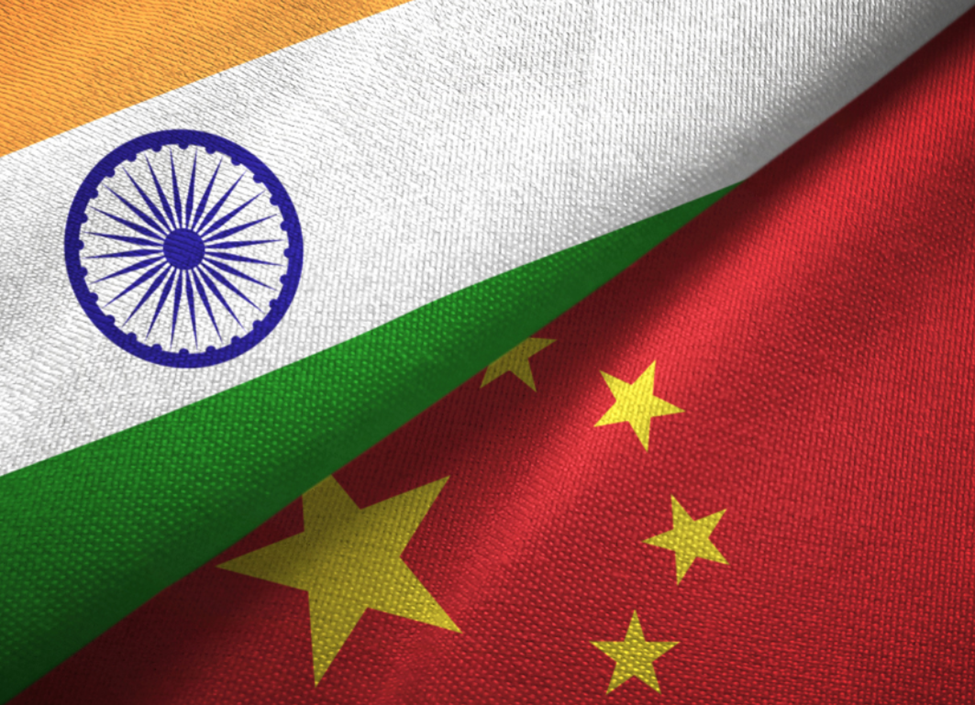Can’t delink from China: Its economic ties with nearly all IPEF members, US included, are entrenched
- InduQin
- Sep 15, 2023
- 4 min read

The Indo-Pacific Economic Framework for Prosperity (IPEF) comprising 15 Indo-Pacific nations is advancing at a fast pace. The 5th in-person negotiating round will be held at Bangkok during September 10-16. This will be a critical round as the effort will be to substantially wrap up the negotiations. With the IPEF texts expected to be finalised and released during the forthcoming APEC Leaders’ meeting at San Francisco scheduled for November 12-18, the urgency is understandable.
India has played a proactive role at the IPEF. Its role is unique in many respects. It is the only South Asian country that is a member of the IPEF. Along with the US and Fiji, it is the only other IPEF member that is not a member of the Regional Comprehensive Economic Partnership (RCEP) and the Comprehensive and Progressive Transpacific Partnership (CPTPP). RCEP and CPTPP are the two most comprehensive trade frameworks in the Asian and Pacific regions. Indeed, India is also not a member of the Asia Pacific Economic Cooperation (APEC), along with Fiji, while all other IPEF members are in the APEC as well. From a broader geographical perspective, India is the most prominent ‘Indian Ocean’ member in the IPEF, representing the ‘Indo’ in the ‘Indo Pacific’, while Australia and Indonesia, belong to both the Pacific and Indian Oceans.
India is also unique at the IPEF because it is the only member among the 14 (Australia, Brunei, Fiji, India, Indonesia, Japan, Korea, Malaysia, New Zealand, Thailand, Singapore, Vietnam and the US) that is disengaged from the trade talks at the IPEF. While participating in the remaining three subjects (or pillars)—supply chains, clean economy, and fair economy—it hasn’t joined the trade talks. Trade talks at the IPEF are proceeding without India.
The IPEF has multiple noteworthy implications. The first of these is the evolution of an economic identity for the Indo-Pacific. The latter—largely visualised as the region bringing together the Indian and Pacific oceans—has been known more its constituent parts, than the whole. Part-specific or overlapping geographies, like the ASEAN (Association of Southeast Asian Nations) and the APEC, are more well-known economic geographies. The Indo-Pacific in contemporary global discourse has been known more as a security construct, than an economic framework. The growth of the IPEF will formally establish the economic identity of the region. Indeed, the strategic advance of the Indo-Pacific narrative and the IPEF can overwhelm those of the APEC and the ASEAN over time.
A distinguishing feature of the IPEF is in its not being a traditional Free Trade Agreement (FTA). What this means is that unlike standard FTAs, IPEF is not specifically focused on negotiating tariff concessions, or fixing value addition norms for judging local content that enable product exports to earn tariff free access in member markets. In other words, it is not dealing in reciprocal market access like FTAs do. This aspect of the IPEF has confused many experts and raised doubts about the character of the framework.
It is notable though that while not dealing in tariffs and rules of origin, IPEF does traverse market access in subtler forms. These are manifesting in its negotiations on digital trade, agriculture, and rules for domestic regulation of services. Furthermore, regulations for standardizing clean technologies and rules for managing supply chains, particularly in critical products, will also impact market access prospects for IPEF members. The idea of market access has permeated through the IPEF in an inconspicuous, but effective fashion. Whether this is a tactic that other trade talks will adopt in future remains to be seen.
The IPEF marks a forceful comeback of the United States to economic rulemaking in Asia. The US has been working hard to contain China’s economic and strategic influence in the Asian region. The IPEF—by crafting rules of trade and business in new-generation areas of digital economy, environment, labour, tax practices, anti-corruption, and supply chain resilience—attempts to exclude China from the strategic rule-making space in the Indo-Pacific.
Whether the intent will materialise is a different matter. China’s economic links with practically all IPEF members, including the US, are deeply entrenched. Merely keeping China out of the rule-making space in new areas might not lead to overall delinking from it, particularly since, most members of the IPEF, except the US, India, and Fiji, figure in the RCEP that includes China. For these members, staying engaged with China through the RCEP, and simultaneously enmeshing in the rule-making architecture of the IPEF, would be challenging.
The IPEF also symbolises a process that would see regional regulations, and perhaps subsequently global regulations, shaping on areas that a multilateral rules-based trade regime hasn’t been able to delve into. Rules on digital economy and supply chains, for example, have eluded the WTO. The IPEF is likely to go a long way in these spheres. It would be able to do so because it views trade and economic policies from a security perspective.
In many respects, the IPEF’s rules will contribute to national security interests of its members. This will be from the specific regulations on safeguarding critical supply chains, standardising environmental products, and outlining broad regulations for cross-border data flows and digital trade. This is a vantage point that the WTO wouldn’t have. Whether this—the security-trade coalition perspective—is the best way for visualising trade deals, is a different issue. But the IPEF, by institutionalising the congruence between security and trade, has set a precedent for new generation trade policy and external economic policymaking.
As a key actor in the IPEF, India’s external trade strategy too, is likely to be influenced and conditioned by the security-trade embrace. This will manifest in India’s choice of trade agreement partners and the character of its trade deals. This is hardly surprising in a world, where trade is as much as a geopolitical tool, as an economic one.
by Amitendu Palit
https://www.financialexpress.com/opinion/cant-delink-from-china-its-economic-ties-with-nearly-all-ipef-members-us-included-are-deeply-entrenched/3234117/







Comments